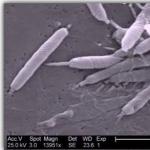Helicobacter treatment: treatment regimen, recommendations
In the modern world there are many different diseases. In this article I would like to talk about how Helicobacter can be treated: a treatment regimen and getting rid of this problem. What is it? At the very beginning, you need to understand the concept










